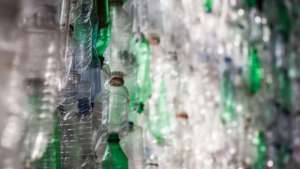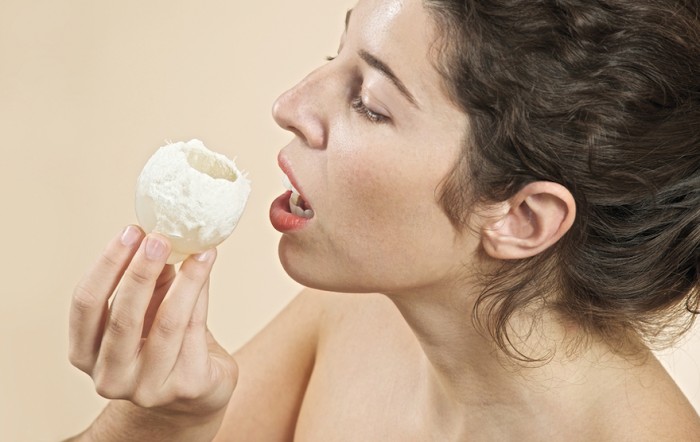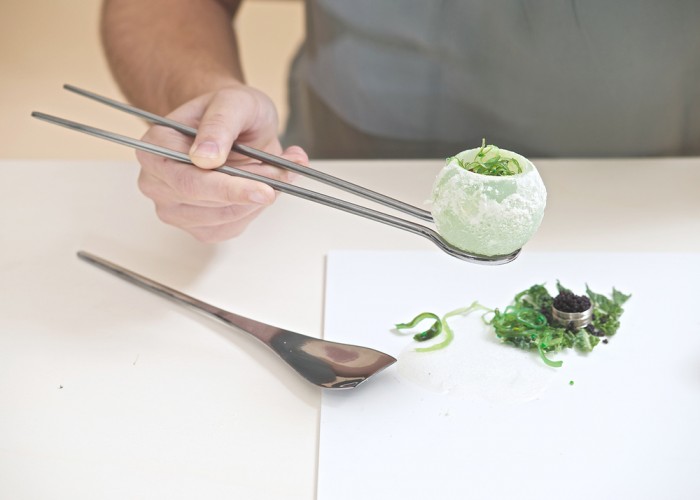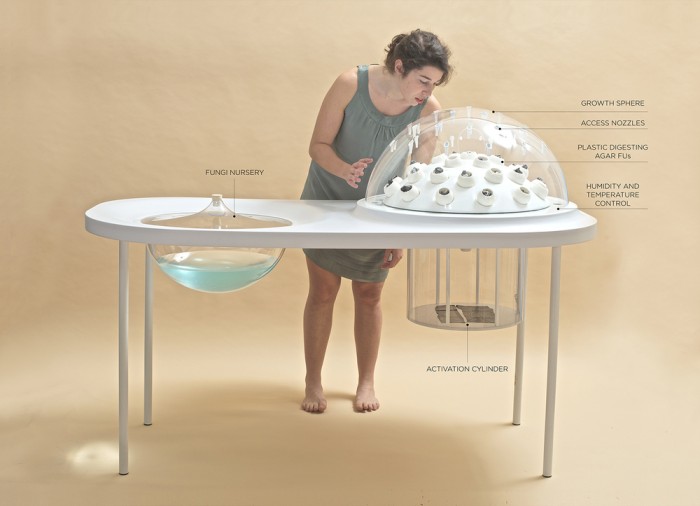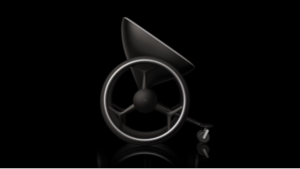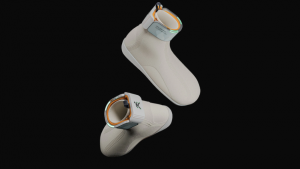From the Series
We’ve come across quite a few plastic-decomposing organisms recently, from strong-stomached worms to mutated enzymes. Now, Austria-based design office LIVIN Studio, in collaboration with Utrecht University, is using fungi to break down plastic waste into edible organic matter known as biomass. The fungi-based system has been named Fungi Mutuarium.
The reason for the ongoing project is to explore alternative means of food production given the global impact of climate change on farming. With Fungi Mutuarium, the research team is looking to revolutionise how we grow food and how we recycle waste. The question is, can we wrap our heads around the idea of dining on fungi?
The process was refined over six months. First, special cups called "FUs" are created by setting agar, a jelly-like substance derived from algae, into moulds. Researchers placed plastic into the cups and added a liquid solution of commonly found fungi Schizophyllum Commune and Pleurotus Ostreatus.
After about several weeks, mycelium, which is the vegetative part of a fungus, had completely digested the plastic and covered the “FU” in a sheath of white fur. The end result is a unique fungi food product. While experimenting with the agar moulds, the researchers mixed different spices into the agar substance so that the “FUs” can be served as sweet or savoury dishes.
As part of the project, the team also developed culinary tools, called Fungi Cutlery, custom designed to eat the peculiar-looking fungi food.
Credits of project: Katharina Unger and Julia Kaisinger for LIVIN Studio
Research partner: Utrecht University, Prof. Dr. Han Wösten, Kasia Lukasiewiecz

